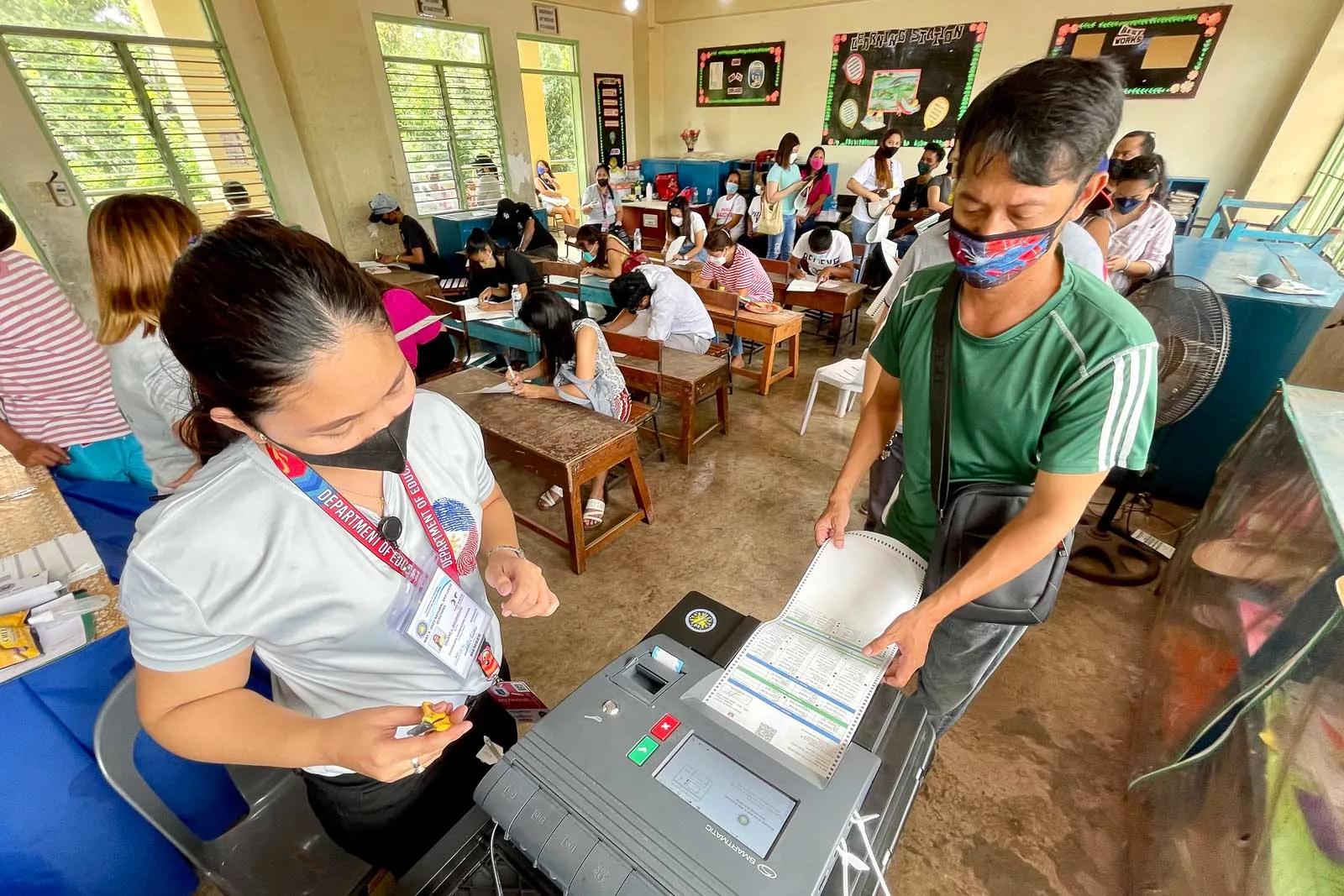The annual “Freedom in the World” report of Washington-based Freedom House ranked the Philippines among 61 “partly free” nations/territories (out of 210) along with neighbors in ASEAN like Singapore, Malaysia, and Cambodia.
The report noted a steady decline in global freedoms worldwide for the 18th consecutive years.
Freedom House lamented the extensive deterioration in freedoms in terms of “breadth and depth” in areas like political rights and civil liberties in 52 countries while only 21 countries made improvements, the Inquirer quoted Freedom House.
The nonprofit group noted flawed elections and armed conflict contributing to the decline of freedoms, “endangering freedom and causing severe human suffering.”
Among the freest countries are Switzerland, Canada, Sweden, Australia, United States, Japan, Germany, New Zealand, United Kingdom and The Netherlands.
Unchanged
The Philippines scored only 58 of 100 (with 100 as the maximum level of freedoms on civil, democratic and political rights) as the report enumerated factors like disinformation, vote- buying and violence targeting journalists and activists for its ranking.
While the Philippines outperformed some of its regional neighbors like Vietnam (19/100) and Malaysia (53/100), it lagged behind robust democracies in the Asia-Pacific such as Japan (96/100) and Taiwan (94/100).
The Philippines’ overall score remained unchanged from the previous year’s report, indicating stagnation in addressing the country’s democratic deficits.
The static rating suggests limited progress was made over the past year in safeguarding political rights and civil liberties in the face of enduring challenges, the Inquirer reported.
“Established political elites benefit from structural advantages, and problems including highly organized disinformation campaigns and widespread vote- buying have undermined fair competition,” the report said.
“While the levels of violence and impunity are thought to have decreased somewhat since a new administration took office in 2022, harmful practices such as ‘Red-tagging’—the denunciation of government critics as supposed communists—have persisted,” it added.
The report cited that two journalists– Cresencio Bundoquin in Calapan City and Juan Jumalon– were killed in connection with their work in 2023, continuing a years-long pattern of violence and impunity targeting members of the media in the Philippines
The report said the Philippine justice system routinely fails in terms of due process rights and in protecting citizens from abuse.
“Arbitrary detention, disappearances, kidnappings, and abuse of suspects are still common, and the police and military continue to face allegations of corruption, extortion, and involvement in the illegal drug trade,” the report said.
Former Senator Leila de Lima, who investigated former President Rodrigo Duterte’s bloody drug war, was freed with bail last November after almost six years of pretrial detention on dubious drug charges. The report also cited the imbalance of political power between socioeconomic classes.
“A relatively small number of powerful families that are active in politics and business also have a disproportionate influence over policy-making,” it noted.
The report said legislative output does not reflect the interests of the electorate.
But the report mentioned a positive development, which includes renewed peace talks with communist rebels, and a decrease in deadly counterinsurgency operations compared to recent years. But it warned that threats to civil liberties remain.
“The Philippines is one of the world’s deadliest countries for environmental and land-rights activists in particular. Communities located near mining sites are frequently affected by such violence,” the report said.
It said government corruption remains despite some prosecutions, undermining faith in institutions.
China’s maritime aggression in the South China Sea, where it contests Philippine territorial claims, adds another challenge, the report added.
#WeTakeAStand #OpinYon #GlobalFreedomRanking
